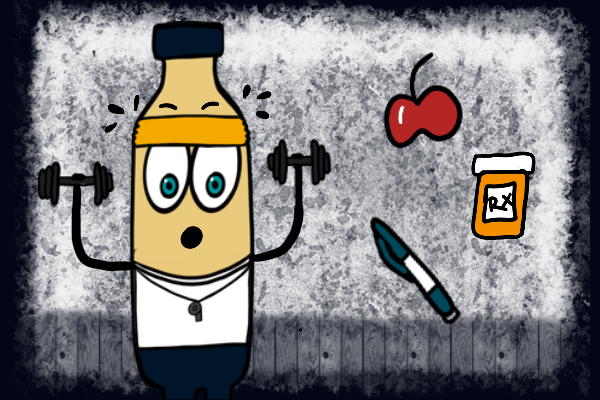WHAT IS TYPE 2 DIABETES?
Type 2 diabetes is the most common type of diabetes in adults over 40 years old. It’s also becoming more common in teenagers, especially those who are overweight, and in certain ethnic groups like Native-Americans, African-Americans, and Latinos.
CAUSES
Type 2 diabetes has several causes. It tends to run in families (genetic), meaning you’re more likely to get it if your parents or other family members have it. Lifestyle factors also play a big role. In today’s world, where we have less physical activity and often eat high-calorie foods, being overweight and not getting enough exercise can increase the risk of type 2 diabetes.
Interesting fact: Unlike type 1 diabetes, type 2 diabetes is not caused by the immune system attacking the pancreas, so there are no antibodies in the blood.
SYMPTOMS
The symptoms of type 2 diabetes share many similarities with type 1 diabetes.
These may include:
- increased thirst
- feeling tired
- needing to pee frequently
- blurry vision
Additional symptoms may include:
- getting infections often
- having slow-healing sores
- dark patches of skin in the folds of the neck or armpits
- numbness or tingling in the hands or feet
Many people with type 2 diabetes have no symptoms at all and may be caught off-guard to find out they have diabetes through routine blood tests or screenings.
TREATMENT
Treating type 2 diabetes is different from treating type 1 diabetes. In type 2 diabetes, your body still makes some insulin, so there are medications that can help your body produce more insulin or use it better. However, these medications don’t work for people with type 1 diabetes because their bodies can’t make any insulin at all.
Lifestyle Changes
Making lifestyle changes is crucial in managing type 2 diabetes:
- Healthy Eating: Eating foods that are lower in calories, carbohydrates, and fats is important. This helps control blood sugar levels.
- Regular Exercise: Getting at least 60 minutes of exercise most days of the week helps the body use insulin better and keeps blood sugar levels in check.
- Monitoring Blood Sugars: Checking blood sugar levels regularly helps track how well these lifestyle changes are working.
- Maintain a healthy weight: Having too much body fat leads to insulin resistance and changes to insulin production.
When lifestyle changes aren’t enough, medications can help keep blood sugars under control.
Type 2 Diabetes Medications
There are many different medications available to help manage blood sugars in type 2 diabetes. These medications work in a variety of ways and can come as pills or injections.
Here’s a quick look at how they work:
1. Help your body use insulin better
2. Tell your pancreas to make more insulin
3. Slow down how quickly sugar gets absorbed from food
4. Get rid of extra sugar in your pee
5. Stop extra glucose production
6. Decrease your appetite
7. Assist with weight loss
Sometimes people with type 2 diabetes also require insulin injections. The right medications to use–or combination of medications–depend on your needs, goals, blood sugar patterns, lifestyle, and other health factors. Your healthcare provider can help you find the best plan for you.
NEXT STEPS
Well done! The first 3 topics are complete. Next up is Low Blood Sugars (Hypoglycemia). Can candy really be used as medicine? Find out next!
